Now Enrolling for Adult, Adolescent, and Parent Programs!
Our Philosophy
We believe in the power of therapy.
We believe that acceptance and change can happen.
We believe that you can have a life worth living!
The Adult Comprehensive Dialectical Behavioral Therapy (DBT) program includes Skills Groups, Therapy, and Support to assist you in building a life worth living. The adult program treats people who are 18 years and older.
The following four components are included in the comprehensive DBT program:

Therapy
50 Minute Sessions

Skills Groups
2 Hour Sessions

Support
Brief Phone Call

Consultation
Weekly Between Therapists
Individual Psychotherapy Sessions
(50 minutes each)
In the Adult DBT program, individuals will meet with a DBT-trained therapist at least once per week (additional frequency is determined with therapist).

Weekly Attendance in DBT Skills Groups for Adults
(2 Hour Sessions)
Distress Tolerance
A 10-week group focused on teaching participants to skillfully tolerate the pain and discomfort of intense feelings and emotional reactions. The skills teach acceptance of the situations that we cannot change, and pain that we experience in our everyday lives.
Interpersonal Effectiveness
A 10-week group focused on teaching participants to skillfully get what they want from, or say no to, someone else without destroying or damaging the relationship. These skills teach participants how to have healthy communications, increase self-respect, get friends, and improve their relationships.
Emotion Regulation
A 14-week group focused on changing or getting rid of unwanted emotions. This group is especially valuable for those individuals who feel emotionally vulnerable. An emotionally vulnerable person: 1) is highly sensitive to emotional situations or prompting events, 2) has intense emotional reactions to situations or people, and 3) experiences a slow return to their emotional baseline (or what level of emotional intensity that they started at before they had an even higher emotional reaction). The participant will learn how to identify their emotions and change unwanted emotions while also being effective and skillful.Mindfulness
Taught and included in the first sessions of each group module. The participants are taught that mindfulness is awareness. They focus on their awareness of themselves, their reactions to their environments, the emotional charges that the environment creates, physical reactions that they experience, and many other occurrences in everyday life. Mindfulness is the foundation for skillfulness in all areas of life – which is why it is emphasized in each module.Telephone Skills Coaching
(Brief Phone Call)

Consultation to the Therapist
(Weekly Between Therapists)
The DBT Center of Utah helps adults who are experiencing:
- Extreme emotional “ups and downs”
- Lost time when under stress, or feeling like you “blacked out” when stressed
- Feeling “empty” and having thoughts of: “Who am I?” or “Why don’t I know who I am?”
- Challenges communicating with loved ones, coworkers, friends, or really ANYone
- Not knowing how to make or keep friends
- Not knowing how to get out of relationships with destructive people
- A LOT of anger, and a fear of abandonment if anyone sees the “real” you
- Confusion about why your emotions are so intense and won’t change
- Impulsive urges, that are self-damaging, to get rid of pain or loneliness (i.e. using drugs, alcohol, food, shopping, shoplifting, gaming, sex, reckless driving, etc. to “numb out”)
- Recurring suicidal thoughts, urges and behaviors
- Thinking that self-harm is a good way to punish yourself or get rid of intense pain
- Symptoms of Borderline Personality Disorder, Dissociation, Addictions, Persistent and Major Depression, Social Anxiety, and General Anxiety
…if this sounds like you, we have some solutions for you, and we are here to talk.

